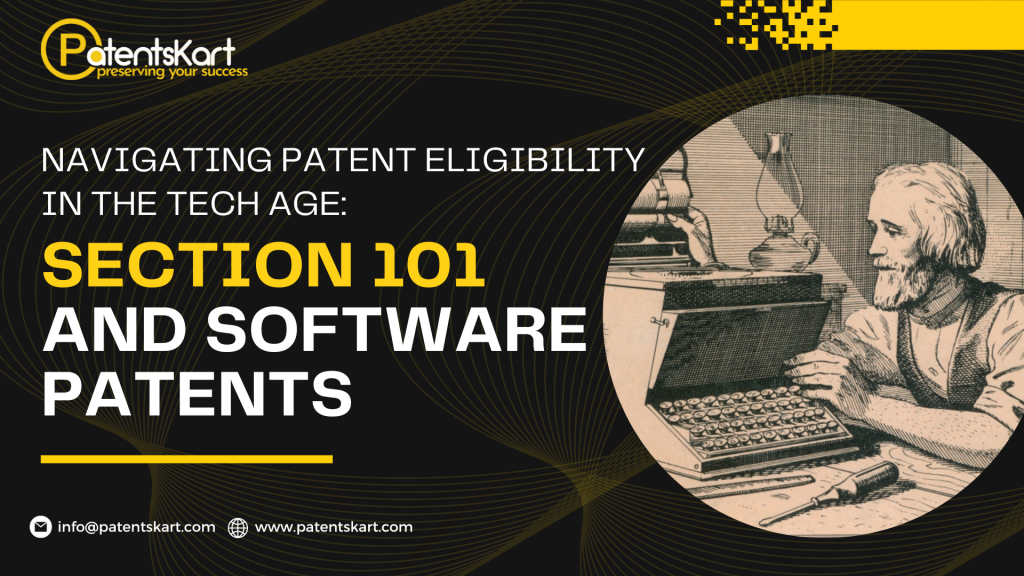In the fast-evolving realm of technology, securing intellectual property rights is paramount for innovators. However, the landscape of patent eligibility, particularly concerning software, has been a maze for many. Navigating through this intricacy involves a deep understanding of Section 101—a crucial piece of legislation that has significant implications for software patents.
Section 101: The Gatekeeper of Patent Eligibility
Picture Section 101 as the gatekeeper of the patent world, determining what inventions are eligible for protection. In recent years, its role in assessing the patentability of software has been both pivotal and controversial. Section 101 of the United States Patent Act establishes the fundamental criteria for patent eligibility, and its interpretation has far-reaching consequences, especially for those in the tech sector.
The Software Conundrum
Software patents have been particularly susceptible to the ebbs and flows of Section 101 jurisprudence. Historically, obtaining a patent for a software-related invention was relatively straightforward. However, with the advent of rapid technological advancements, the patent landscape shifted, and Section 101 evolved into a formidable filter.
The challenge lies in the abstract nature of many software innovations. Section 101 explicitly prohibits the issuance of patents for abstract ideas, laws of nature, and natural phenomena, extending this restriction to encompass algorithms and other foundational principles integral to software development. Consequently, inventors and patent attorneys find themselves treading a delicate line—balancing the assertion of a software-related invention’s novelty and inventiveness while avoiding the potential pitfall of abstraction.
Challenges in the Tech Sector
In the tech sector, innovators face tangible and intricate challenges emanating from Section 101. The constant looming threat of a software patent application being rejected on eligibility grounds necessitates a more cautious approach to crafting and prosecuting these applications. Patent attorneys are now tasked not only with highlighting the technical intricacies of an invention but also with accentuating its concrete and practical applications to meet the stringent requirements of Section 101.
Opportunities for Innovation
Despite the evident challenges, a nuanced understanding of Section 101 reveals opportunities for innovation. The emphasis on practical application implies that inventors must furnish a comprehensive disclosure of how their software inventions manifest in the real world. This shift encourages a concentration on the tangible advantages of the technology, steering clear of purely theoretical or abstract concepts.
Conclusion
In conclusion, mastery of Section 101 is imperative for any patent attorney navigating the tech age. By adeptly navigating the subtleties of this section, patent practitioners can secure meaningful protection for software-related inventions, ensuring the sustained flourishing of innovation in this dynamic and competitive landscape. Remaining well-informed, adapting strategies, and embracing the opportunities presented by Section 101 are essential for success in the ever-evolving realm of technology patents.
Also Read: The Future of Patent Research Services: Emerging Trends and Innovations to Watch Out for







